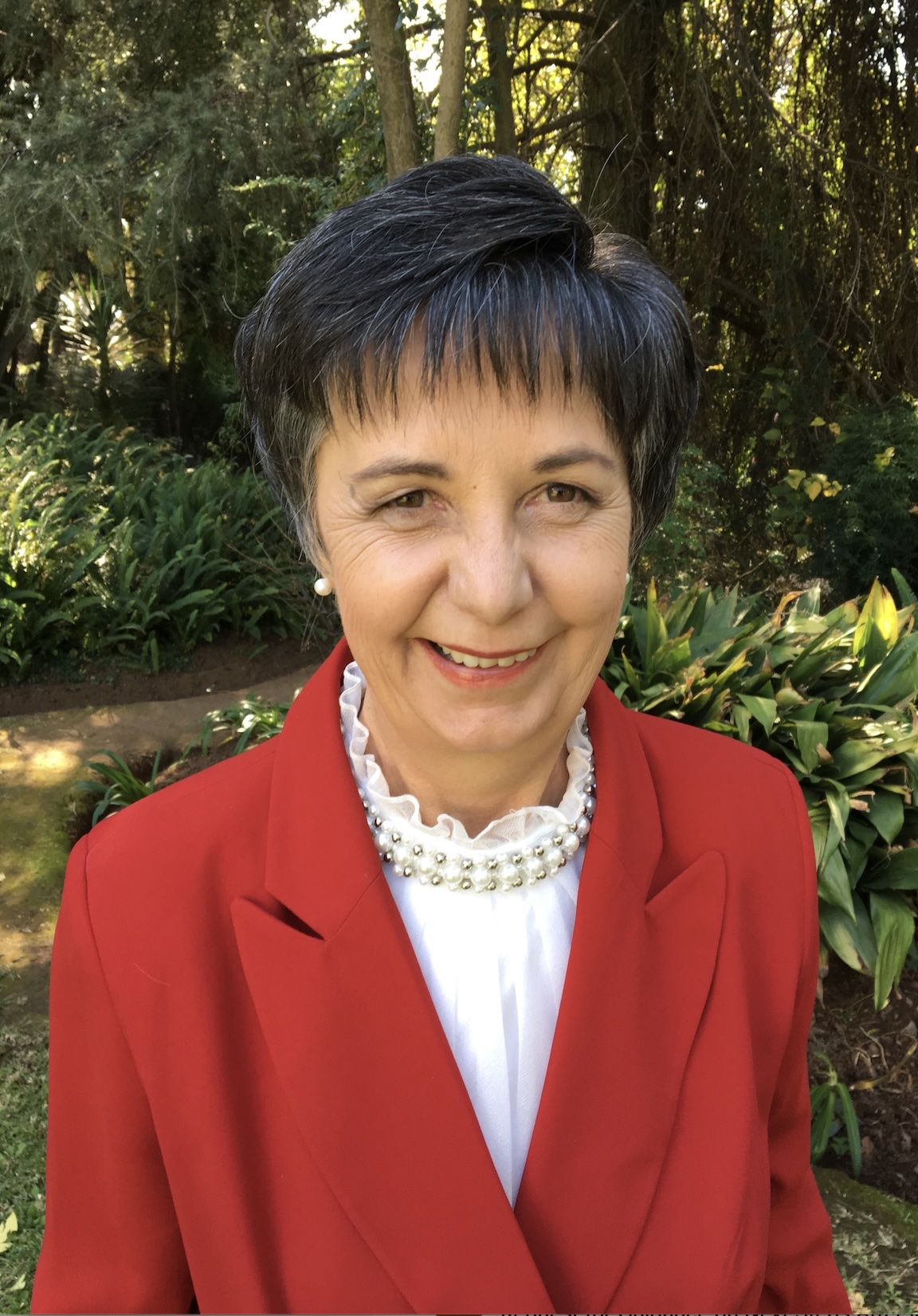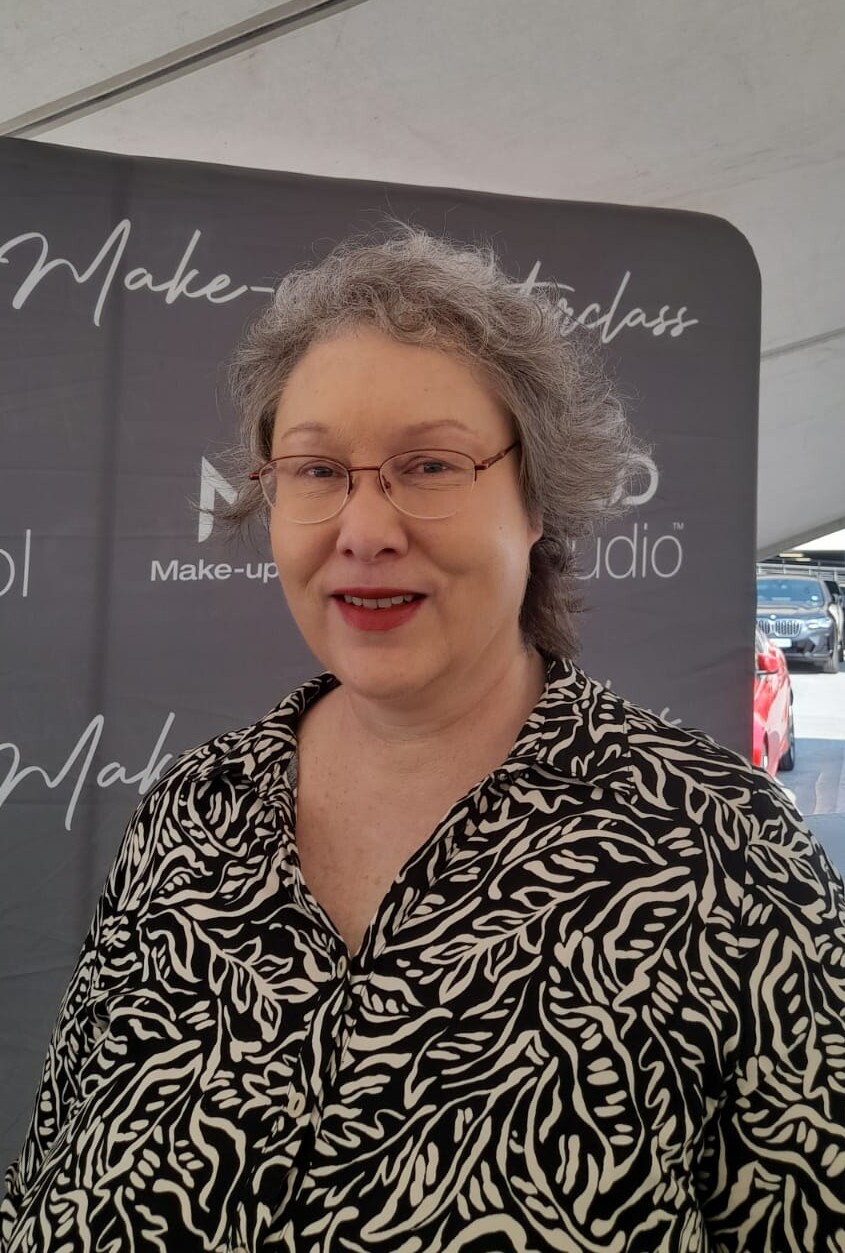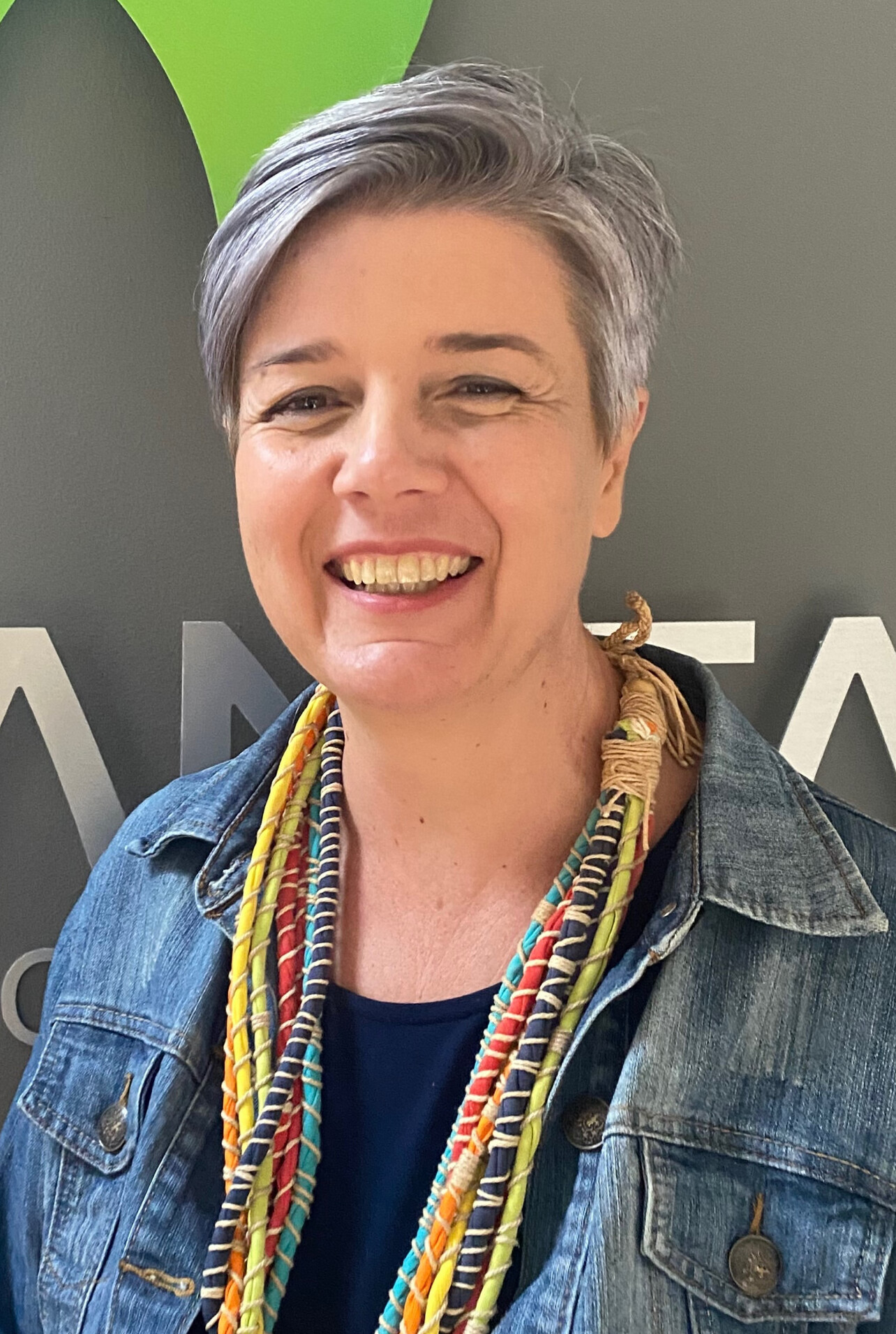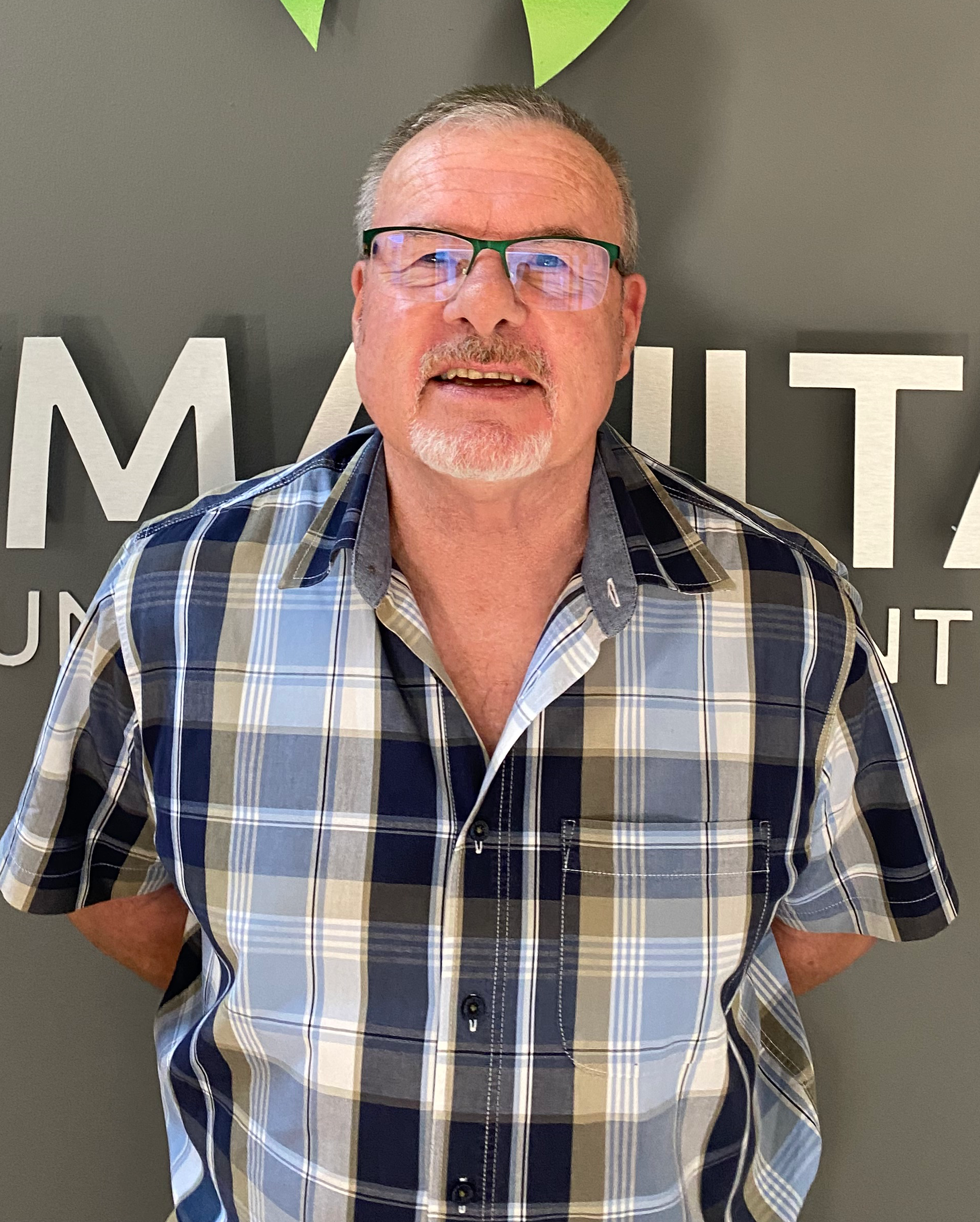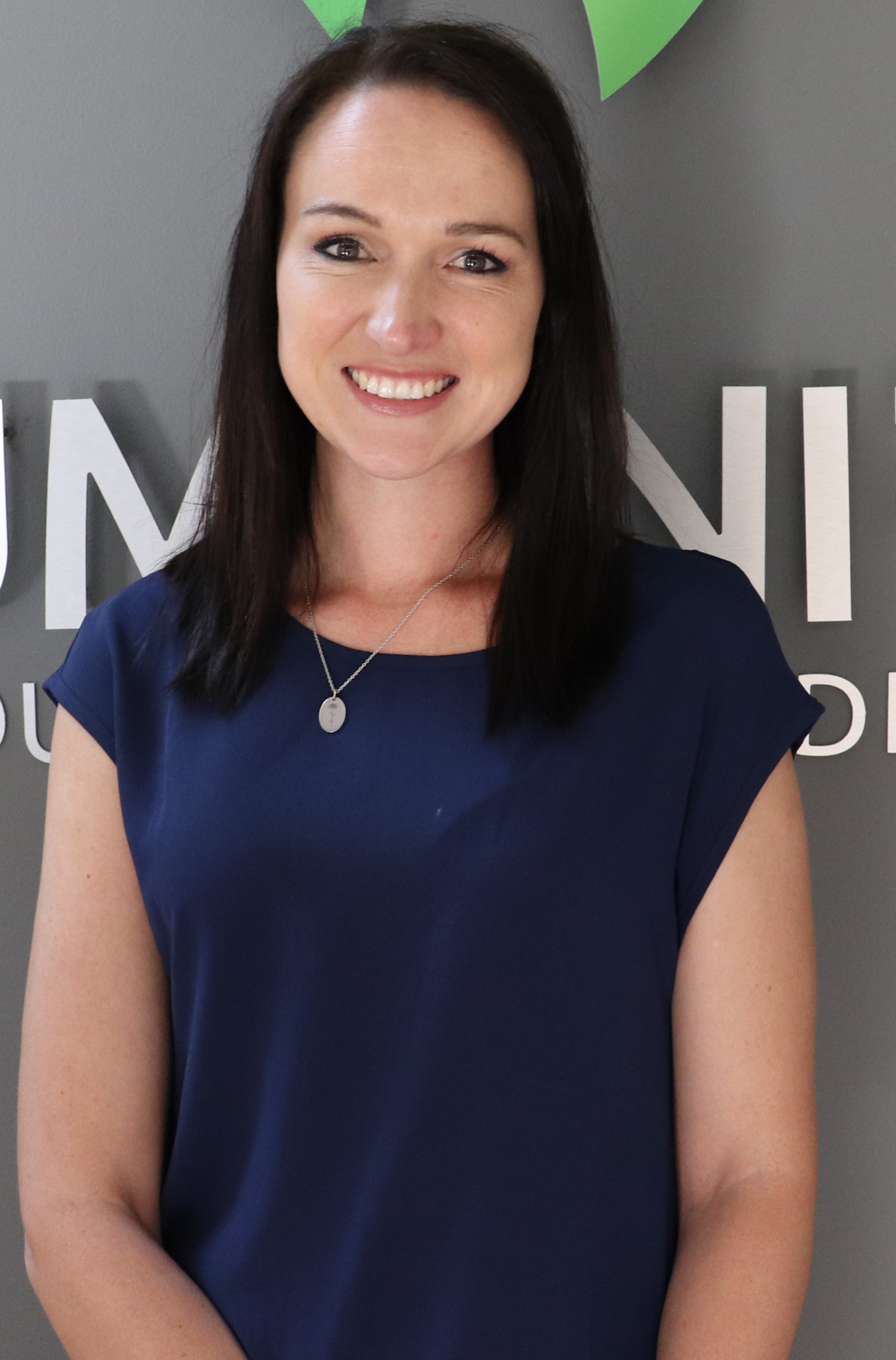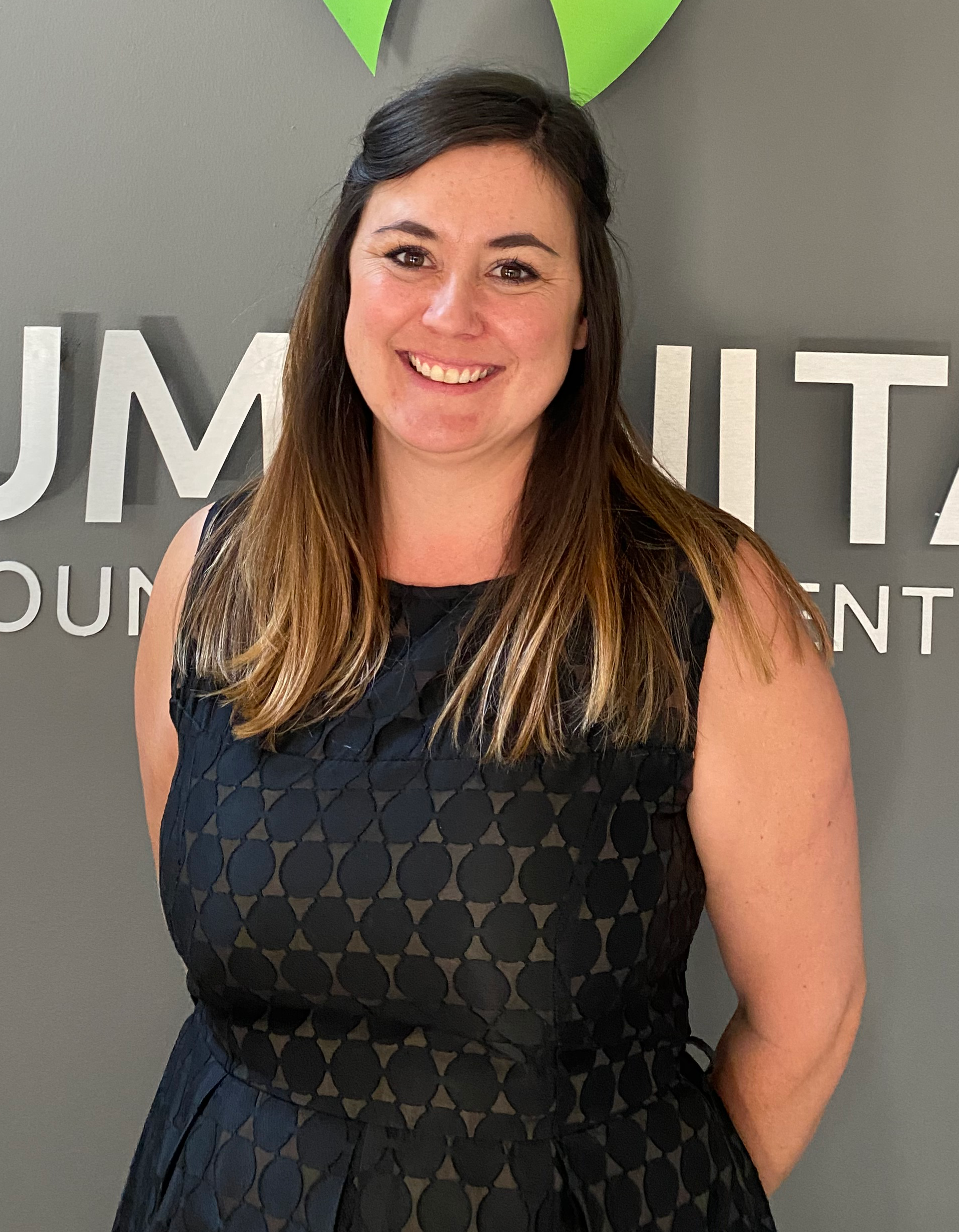Course Schedule
For any enquiries, please contact: Reception on 0712476656 or email: info@humanitas.co.za
Pretoria
Starts: 09 February 2026
ABOUT THIS COURSE
Q&A Session
The most comprehensive Trauma Course in South Africa!
Trauma isn’t just stored in the mind — it lives in the body.
Join our Trauma Specialisation Course and discover how to guide your clients beyond words, into embodied healing.
This advanced training is designed for counsellors, psychologists and social workers who want to deepen their understanding of the body’s role in trauma recovery and want to learn how to work somatically with their clients.
You’ll gain insight, practical tools, and a new lens through which to see, hold, and heal trauma.
The course is presented by 6 lecturers and incorporates the internationally acclaimed Trauma Resiliency Model™ , developed by the Trauma Resource Institute, founded by Elaine Miller-Karas (LCSW) from the US.
Learn how to:
- Recognise and track trauma responses in the body
- Work somatically with regulation, grounding, safety and discharging trauma responses
- Support lasting healing beyond cognitive strategies
This is more than a course — it’s a specialisation that empowers you to meet trauma where it lives.
In this course, delegates will have to:
- Attend 3 in-person modules in Pretoria (see detail under intake outline)
- 1 week in module 1,
- 2 weeks in module 3 and
- 3 days in module 8.
- Complete 8 self-paced pre-recorded modules
- Attend 1 online interactive module – Module 4 (1 week)
- Complete various assignments
- Attend monthly contact sessions online
Additional Information
- Humanitas Counselling Course Graduates (220 hours completed)
- Social workers
- Psychologists
Please note that applications are reviewed by a panel and approved based on prior learning, tertiary studies as well as practical experience gained in the field.
Outcomes:
This training course will equip delegates with sound theoretical knowledge as well as practical skills to provide therapeutic interventions to adult clients who have experienced trauma. Delegates will be provided with theoretical understanding of the impact of trauma on the body and how to work with the body to facilitate healing.
Objectives:
- To provide delegates with a theoretical understanding of how trauma impacts the body as well as the mind.
- To equip delegates with skills for working with the body as well as the mind to overcome the impact of trauma.
- To equip delegates with a sound theoretical knowledge base and practical skills for working with individual and community trauma using the Community Resiliency Model and Trauma Resiliency Model™ developed by the Trauma resource institute.
- To provide delegates with theoretical knowledge of the polyvagal theory and practical skills based on the work of Deb Dana to apply the theory in practice.
- To assist delegates in implementing legally and ethically sound interventions to ensure service delivery of the highest ethical standard to trauma survivors.
- To equip delegates with practical skills based on the polyvagal theory and Community Resiliency Model™ to prevent burnout.
- To provide delegates with a skills to restore nervous system regulation.
- To equip delegates with knowledge and understanding of process trauma and skills for intervening with clients who have experienced trauma of this nature.
- To equip delegates with understanding of domestic violence and to provide practical skills for working therapeutically with clients who have experienced this trauma.
- To examine legal and ethical aspects of domestic violence.
- To equip delegates with theoretical knowledge and practical skill in providing interventions for clients dealing with shame.
- To provide delegates with theoretical understanding of emotional incest and adult survivors of sexual abuse and practical interventions for working with the client.
- To equip delegates with knowledge and understanding of burnout and to provide skills to protect the counsellor.
This is an in-depth year-long training programme based on sound research on body-based interventions that will equip delegates to remain resilient and self-regulated while intervening somatically and effectively with clients who have suffered a wide range of traumas.
We are privileged to partner with leading experts in the field of trauma, namely Elaine Miller-Karas and her team making her internationally acclaimed training available to delegates at Humanitas as part of a broader training in working with trauma.
SACSSP: 39 CPD Points (minimum)
Module 1: 20 points
Module 2: applied for
Module 3: 23 points
Module 4-11: applied for
Total: 39 points (minimum)
Note: All registered social workers (excluding students) are required to obtain a minimum of twenty (20) CPD points annually, or fourty (40) points over two (2) year cycle.
ASCHP and HPCSA members can submit their certificates for external CPD points.
ENROLMENT AND FEE STRUCTURE
To apply to register for the HUMANITAS Specialisation: Trauma – a body based approach, please click on the following link and complete the enrolment process. Once your application has been reviewed and accepted, send your proof of payment of your deposit, to: accounts@humanitas.co.za.
With enrolment you will receive:
- Theoretical and practical training, in person as well as online & self-paced recordings;
- All handouts and course material, including an in-depth manual;
- Regular Contact Sessions (online), guidance and mentorship
- Course Certificate of completion (upon successful completion of the course)
- Lifelong access to the Humanitas community for continuous support
Fee Structure:
The deposit is required to secure your seat.
Deposit: R9 999
10 Monthly payments: R3 500
Total: R44 999
Frequently asked questions
Our lecturers for this training course include:
- Dr Barbara Wade; BA (Welfare Science), MA Psychology (Cum Laude), DPhil Social Work (Trauma).
Dr Barbara is a Somatic Experiencing™ Practitioner with over 19 years of experience in the field of Trauma. She is a registered social worker and the owner of the Olive Branch Trauma Centre. - Dr Louise Aucamp; (BA) SW (MSD) Play Therapy (PhD) SW.
Dr Louise is a social worker in private practice and the founder of FACT (Forensic Assessment Consultation and Training) with 25+ years’ experience in working with traumatised children and families. Dr Aucamp has worked in both the formal welfare sector as well as in private practice. - Dr Peter Schultz, PhD Social Work, SACSSP Registered, SAASWIPP & BHF Member, Former Senior Lecturer (UNISA), Academic supervisor & researcher.
Dr Peter is a social worker in private practice with over 30 years of experience. In private practice he often works with Trauma counselling. He has a rich understanding of areas such as addiction and substance use as well as family dynamics and relationships. - Judy Dos Santos, BSW, SACSSP Registered.
Judy is a Social Worker in Private Practice, a Trauma & Mental Health Counsellor as well as a Wellness Advocate with over 30 years of experience. - Carryn Hennessy; BA (Psychology), BA Soc Sci Hons (Cum Laude), MSW Clinical (Cum Laude).
Carryn is a social worker in private practice and has over 15 years of experience. - Anschel Pieterson; BSW MSW (Play-based Intervention) Cum Laude.
Anschel is a social worker in private practice, who has worked as a school counsellor for the majority of her career until joining our team full time. Anschel has over 12 years of experience in working with children, including fields such as statutory social work, school social work, play therapy (play based intervention) and training.
Humanitas is not registered with Higher Education and therefore none of our trainings offer a formal qualification.
While this course is not accredited by the South African Qualifications Authority (SAQA) and does not in itself qualify participants to register with a professional body, it is designed as a continuing professional development (CPD) opportunity for individuals who are already registered with a recognised professional body such as the ASCHP, HPCSA, or SACSSP.
We are proud to present this training in collaboration with the internationally respected Trauma Resource Institute (TRI), a leading organisation based in the United States known for its evidence-based, body-focused trauma interventions such as the Community Resiliency Model (CRM®) and Trauma Resiliency Model (TRM®).
Our course content is informed by TRI’s methodologies and guided by their principles of accessible, practical trauma care. As such, the Trauma Resource Institute recognises this course as aligned with their body-based approach to healing trauma, adding further credibility and international relevance to the training offered through Humanitas.
Upon completion, participants will receive a Humanitas certificate of completion, which reflects their enhanced training in trauma counselling using a body-based approach
This course is intended for qualified and practising mental health professionals who are actively working in the field of counselling, psychology, or social services, and who wish to expand their trauma intervention skills using a body-based, somatic approach.
To enroll, participants must hold a relevant tertiary qualification at NQF Level 7 or higher in fields such as Psychology, Social Work and Counselling. Eligible qualifications include, but are not limited to:
- BPsych or BPsych Equivalent
- Bachelor of Social Work,
- BA Honours in Psychology,
- MA in Clinical or Counselling Psychology
Applicants must also be registered with a recognized professional body such as the ASCHP, HPCSA, SACSSP, or equivalent, and should have a sound foundational understanding of therapeutic principles and processes.
Additional eligibility notes:
-
Delegates with a Psychology degree or Psychology Honours degree without practical experience are advised to complete the Humanitas Counselling Course to gain the necessary practical exposure.
-
Psychology Honours graduates are expected to have at least 100 hours of relevant practical experience.
-
Delegates registered with the ASCHP/HPCSA should supply a brief summary of their relevant counselling experience as part of the application
This course is especially suited to professionals seeking to integrate trauma-informed care and nervous system regulation into their clinical or counselling practice.
Please note: Due to the specialised and sensitive nature of this training, Humanitas reserves the right to decline any application should the leadership team deem the applicant unsuitable for participation.
The Trauma Resiliency Model™ (TRM®) is a body-based, neuroscience-informed approach to understanding and treating trauma, developed by the Trauma Resource Institute (TRI). It focuses on teaching individuals—both professionals and clients—practical skills for nervous system regulation by helping them become aware of their internal sensations and restore balance after stressful or traumatic experiences.
Unlike traditional talk therapy models, TRM® emphasises the biological and somatic impact of trauma, offering tools to track bodily responses and gently guide the nervous system back into a state of resilience and safety. It is especially effective for individuals who struggle with trauma symptoms such as anxiety, hypervigilance, emotional dysregulation, or dissociation.
We have integrated TRM® into this course because it complements counselling work by equipping professionals with accessible, non-verbal tools that can be used across a wide range of clients, including those who may not yet have the words to describe their trauma.
It aligns with Humanitas’ commitment to holistic, ethical, and evidence-based practice, and allows practitioners to support healing not only through conversation but also through the body—where trauma is often held.
INTAKE
The course is designed in such a way that it can be completed as a part-time course, from any location, although Module 1, 3 and 8 have to be attended in person and Module 4 is presented as an online – interactive Module. Therefore you will have to be able to block the specific class times out for these modules – Module 1, 3, 4 and 8.
The rest of the modules are presented as pre-recorded videos that you can watch at your own pace during the course of a week, with monthly online contact sessions that have to be attended.
Please note that in person and online – interactive classes will run from 9h00 – 14h00.
The dates for the online contact sessions are as follows:
October 2025 Intake
| Module Name | Dates | Format |
|---|---|---|
| The Polyvagal Theory | Mon, 27 Oct 2025 – Fri, 31 Oct 2025 | In-Person |
| The essence of ethics when working with trauma | Mon, 24 Nov 2025 | Self-Paced |
| Working with Trauma | Mon, 01 Dec 2025 – Fri, 12 Dec 2025 | In-Person |
| Adapting to childhood developmental trauma | Mon, 09 Feb 2026 – Fri, 13 Feb 2026 | Self-Paced |
| Legal aspects to consider when working with abuse | Mon, 09 Mar 2026 – Fri, 13 Mar 2026 | Self-Paced |
| Antagonistic and intimidating relationships | Tue, 07 Apr 2026 – Fri, 10 Apr 2026 | Online Interactive |
| Survivors of Childhood Sexual Abuse | Mon, 11 May 2026 – Tue, 12 May 2026 | Self-Paced |
| Working with Guilt, Shame, Boundaries, Emotional Incest | Wed, 13 May 2026 – Fri, 15 May 2026 | In-Person |
| Understanding grief through the lens of trauma | Mon, 15 Jun 2026 – Fri, 19 Jun 2026 | Self-Paced |
| Ethical consideration when working with Trauma | Mon, 20 Jul 2026 – Fri, 24 Jul 2026 | Self-Paced |
| Research Assignment | Mon, 27 Jul 2026 – Fri, 16 Oct 2026 | Self-Paced |
| Self-care and creative expression | Mon, 19 Oct 2026 – Fri, 23 Oct 2026 | Self-Paced |
February 2026 Intake
| Module Name | Dates | Format |
|---|---|---|
| The Polyvagal Theory | Mon, 9 Feb 2026 – Fri, 13 Feb 2026 | In-Person |
| Working with Trauma – CRM | Mon, 16 Feb 2026 – Fri, 20 Feb 2026 | In-Person |
| The essence of ethics when working with trauma | Mon, 9 Mar 2026 | Self-Paced |
| Working with Trauma – TRM | Mon, 16 Mar 2026 – Fri, 20 Mar 2026 | In-Person |
| Trauma Bonding, Antagonistic and Intimidating Relationships | Mon, 25 May 2026 – Thu, 28 May 2026 | Online Interactive |
| Legal aspects to consider when working with abuse | Mon, 22 Jun 2026 – Fri, 26 Jun 2026 | Self-Paced |
| Adapting to childhood developmental trauma | Mon, 20 Jul 2026 – Fri, 24 Jul 2026 | Self-Paced |
| Survivors of Childhood Sexual Abuse | Mon, 24 Aug 2026 – Fri, 28 Aug 2026 | Self-Paced |
| Working with Survivors of Childhood Sexual Abuse | Mon, 24 Aug 2026 – Tue, 25 Aug 2026 | Self-Paced |
| Working with Guilt, Shame, Boundaries, Emotional Incest | Wed, 26 Aug 2026 – Fri, 28 Aug 2026 | In-Person |
| Understanding grief through the lens of trauma | Mon, 28 Sept 2026 – Fri, 2 Oct 2026 | Self-Paced |
| Ethical consideration when working with Trauma | Mon, 2 Nov 2026 – Fri, 6 Nov 2026 | Self-Paced |
| Research Assignment | Mon, 9 Nov 2026 – Fri, 29 Jan 2027 | Self-Paced |
| Self-care and creative expression | Mon, 1 Feb 2027 – Fri, 5 Feb 2027 | Self-Paced |

